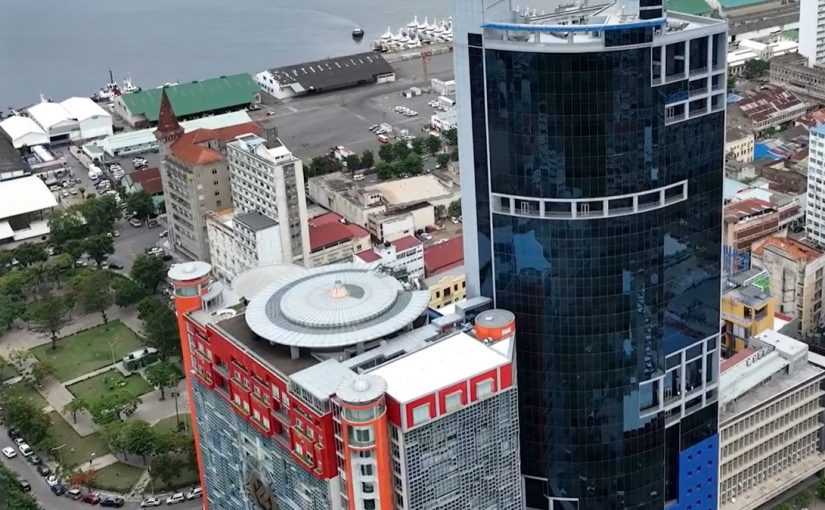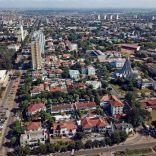Mozambique: Post-election unrest reduced 2024 state revenue by €536M - draft budget text
Central bank sees Mozambique recovering from unrest with moderate growth

File photo: Banco de Moçambique
The Bank of Mozambique predicts “moderate” economic growth in the country in the coming months due to the gradual restoration of production and logistics capacity after the damage recorded during the post-election protests.
Excluding the liquefied natural gas (LNG) sector, which is gradually establishing itself as Mozambique’s main export product, the central bank assumes in its recent economic outlook report, consulted by Lusa on Tuesday, that “moderate economic growth is expected” in the coming months, “reflecting, above all, the performance of the primary sectors”, such as agriculture and coal, but also in the tertiary sector, in terms of services.
“Supported by the gradual restoration of production and logistics capacity, despite the uncertainties regarding the impacts of climate shocks on agricultural production and various infrastructures, and the effects of post-election tension on the sectors of activity,” reads the ‘Economic Outlook and Inflation Forecasts’ report.
Mozambique has experienced almost five months of social tension, with demonstrations, strikes and barricades in the streets of several cities, especially Maputo, initially in protest against the election results of October 9, called by former presidential candidate Venâncio Mondlane.
The protests escalated into violence with the police and resulted in around 400 deaths, as well as the destruction and looting of public infrastructure and businesses.
On 23 March, Daniel Chapo and Venâncio Mondlane, the presidential candidate who does not recognise the results of the October general elections, met for the first time and pledged to end the violence, and met again on 21 May with an agenda to bring peace to the country.
Almost a thousand Mozambican companies were affected by the post-election protests, with an impact on the economy of over 32.2 billion meticais (€480 million) and 17,000 rendered unemployed, according to an estimate presented in February by the Confederation of Economic Associations of Mozambique (CTA).
According to the survey carried out by the CTA, 955 companies were “directly” affected by the demonstrations and social unrest that followed the general elections in October, with 51% “suffering total vandalism and/or looting of their goods”.
In the supporting documents for the Economic and Social Plan and State Budget (PESOE) 2025, approved in parliament last May, the government explains that of the expected 5.5% growth in the gross domestic product for 2024, “only 1.85% was achieved, with the sectors of activity of mining, trade and services, manufacturing, hotels and restaurants, and agricultural transport being the most affected” due to the post-election tension.
“The reduction in state revenue of almost 38.7 billion meticais [€536 million] has compromised the performance of spending on economic and social infrastructure and other basic services for the country’s economic development,” the document also points out.
For 2025, the government expects gross domestic product growth of 2.9%, revised downwards from the pre-election estimate of 5%.












Leave a Reply
Be the First to Comment!
You must be logged in to post a comment.
You must be logged in to post a comment.